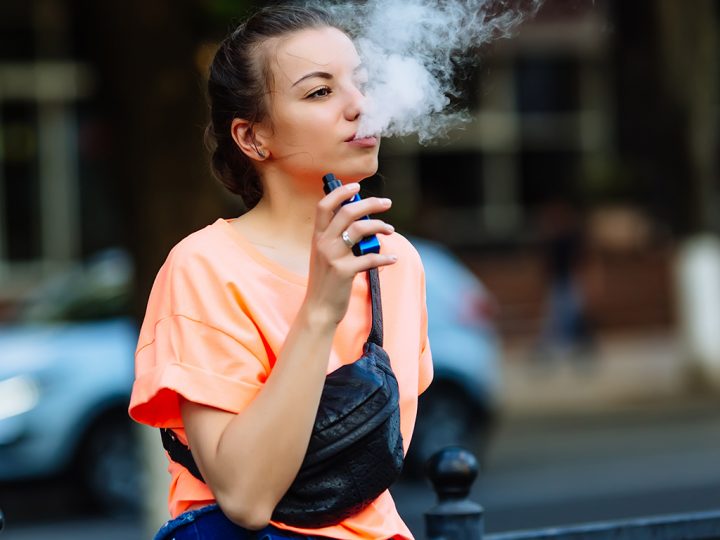The London HEAL Youth Advisory Council (HEALYAC) is calling on all levels of government to take action on the rising trend of vaping in public schools.

“We believe regulations must be modified to introduce strict marketing rules and new safeguards on the online purchase of vaping products for anyone under the age of 19, including prohibiting it on school property,” said Eleanor Park, a student on the HEALYAC.
The council is made up of 14 teenagers from across London and advises on youth-related health research conducted by the Human Environments Analysis Laboratory (HEAL) at Western University.
The council has created a list of recommendations, which include the need for additional research, immediate implementation of government regulations, and improved detection and enforcement in schools.
A recent Health Canada survey shows that 23 per cent of students from grades 7 to 12 have tried an electronic cigarette.
HEALYAC is also calling for coping supports for youth to quit vaping.
“There is certainly a lack of scientific evidence available for young people to make informed decisions about e-cigarettes,” said HEAL director Jason Gilliland.
The group is set to discuss its recommendations with the Middlesex-London Health Unit at the Board of Health meeting on Thursday.
- Budget 2024 failed to spark ‘political reboot’ for Liberals, polling suggests
- Train goes up in flames while rolling through London, Ont. Here’s what we know
- Peel police chief met Sri Lankan officer a court says ‘participated’ in torture
- Wrong remains sent to ‘exhausted’ Canadian family after death on Cuba vacation
This comes a month after the first case of vaping-related illness in Canada was discovered in London.
The youth involved in the case has since recovered but the Middlesex-London Health Unit said the teen was temporarily put in the intensive care unit.
“While we weren’t able to say conclusively that the respiratory illness that occurred in this young person was the result of vaping, there is no other identifiable cause in this case,” Dr. Chris Mackie, medical officer of health and CEO of the health unit, said in a statement.
Since then, other cases of vaping-related illnesses have also popped up in British Columbia and New Brunswick.
—With files from Andrew Graham and Leslie Young




Comments